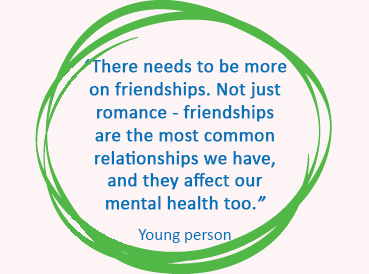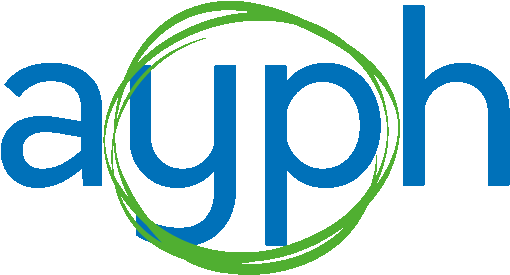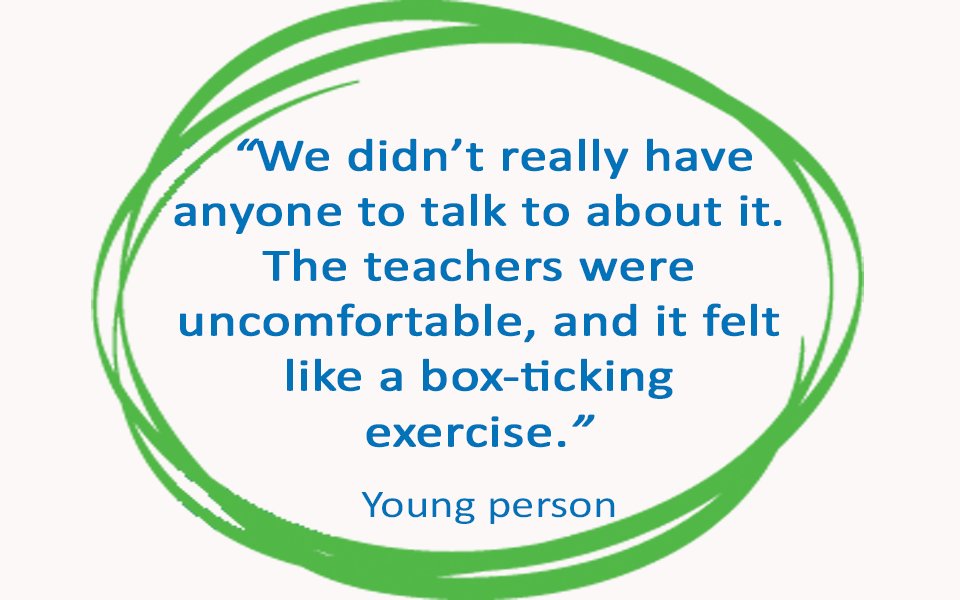When the Department for Education published the updated statutory guidance for Relationships, Sex and Health Education (RSHE) in July 2025, many of us in adolescent health and wellbeing welcomed the shift. After the turbulence of the 2024 draft, this version reflects a more balanced approach.
There is much to celebrate. The new guidance brings RSHE closer to public health evidence tackling misogyny and incel culture, addressing online abuse, deepfakes, and pornography, and promoting emotional wellbeing. It includes new content on grief and loneliness, and for the first time, commits to teaching about personal safety in public spaces. It also acknowledges a broader range of family structures, from kinship carers, foster parents, and same-sex parents.
But while the content is improving, we must not lose sight of the bigger picture. It must be embedded within a whole systems approach that links schools, families, communities, youth provision, and young people themselves. The RSHE curriculum is just one piece of that puzzle.
For the new guidance to work in practice, we need:
- Trained, supported educators with the space, time, and confidence to deliver sensitive content.
- Consistent support across school and community settings, including pathways for referral, early help, and investment in developmentally appropriate services.
- Families and carers who feel supported and empowered to talk with their children about relationships, sexual health, vaping, drugs and alcohol, and wellbeing.
- Youth voice at the centre, informing what is taught, how they are taught, and how schools create safe, inclusive environments.
In a focus group with AYPH’s Youth Advisory Panel (YAP), young people welcomed efforts to make RSHE more relevant but described ongoing gaps in delivery, especially around trust and safe spaces:
“We didn’t really have anyone to talk to about it. The teachers were uncomfortable, and it felt like a box-ticking exercise.”
Youth Advisory Panel member, age 17, AYPH

As schools plan their transition to the updated RSHE requirements by September 2026, local authorities, health commissioners, and voluntary sector partners have a real opportunity to support a more joined-up response.
AYPH encourages local systems to consider:
- Embedding RSHE into Joint Strategic Needs Assessments (JSNAs) and local health strategies.
- Training professionals and health staff alongside teachers to create a shared understanding.
- Commissioning peer-led programmes, co-produced with young people, to supplement in-school delivery.
- Using participatory evaluation to track what’s working, and what young people need.
The 2025 RSHE guidance is a step forward. But only by taking a whole-systems approach informed by youth voice and supported across sectors can we truly meet the health needs of young people. At AYPH, we’ll continue to advocate for adolescent health to be everyone’s business, not just the responsibility of a single subject, department, or termly lesson plan.
Author: Kirsty Blenkins
October 2025

